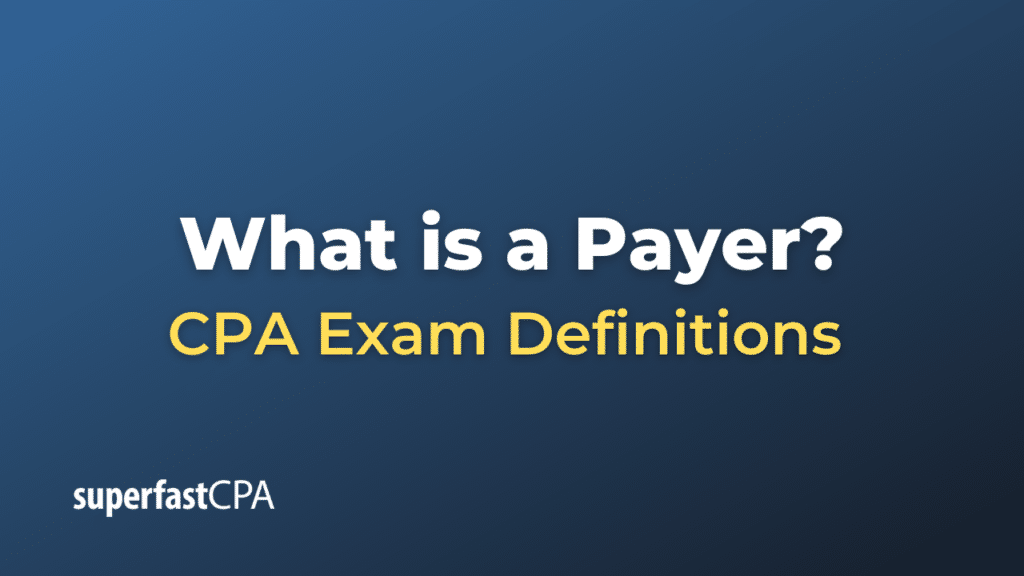Payer
A payer is the person or entity who makes a payment. In the context of financial transactions, the payer is the party that gives the money to the payee.
For instance, if you write a check to pay for your electricity bill, you are the payer, and the electric company is the payee. Similarly, if your employer issues you a paycheck, your employer is the payer, and you are the payee.
In terms of healthcare, a payer often refers to an entity (other than the patient) that finances or reimburses the cost of health services. In this context, examples of payers include insurance companies, governmental agencies like Medicare or Medicaid, or other third-party payers.
In electronic transactions, such as wire transfers or direct deposit, the payer is the party who initiates the electronic transfer of funds.
Example of a Payer
Imagine you’re buying a new book from a bookstore. When you go to the checkout counter to pay, you hand over $20 to the cashier. In this transaction, you are the “payer” because you’re giving money, and the bookstore is the “payee” because they’re receiving the money.
Similarly, when you write a check to pay your electricity bill, you are the payer and the electric utility company is the payee.
On the other hand, if your employer deposits your monthly salary into your bank account, your employer is the payer (they’re giving money), and you’re the payee (you’re receiving the money).
Lastly, if you are an insured individual visiting a doctor for a checkup, and your insurance company covers the cost of the visit, the insurance company is the payer because they are the ones paying for the service. The doctor or the hospital, who receives the payment, is the payee.













